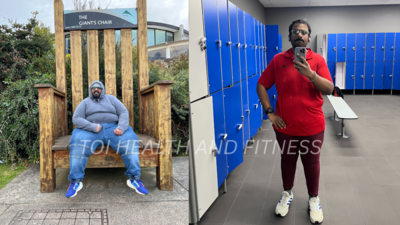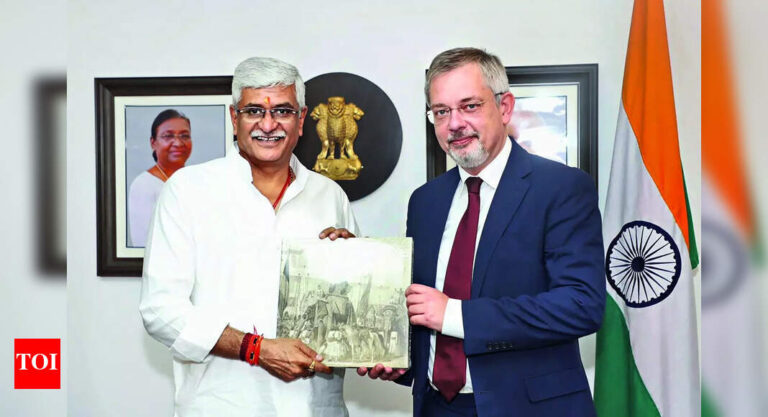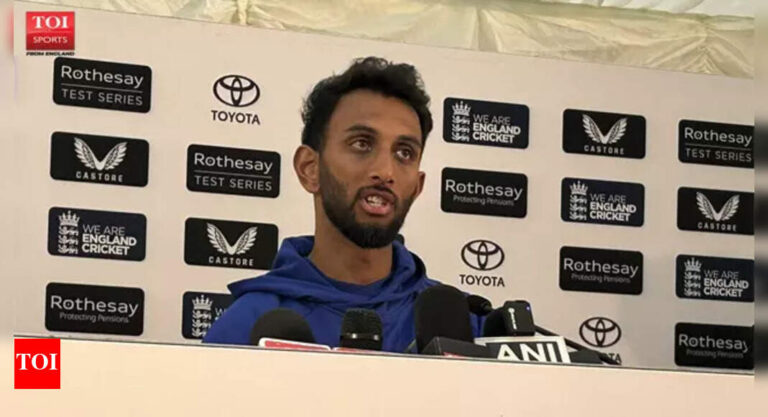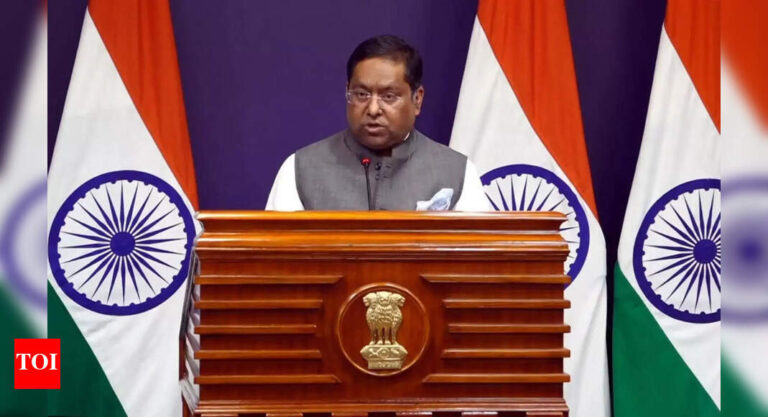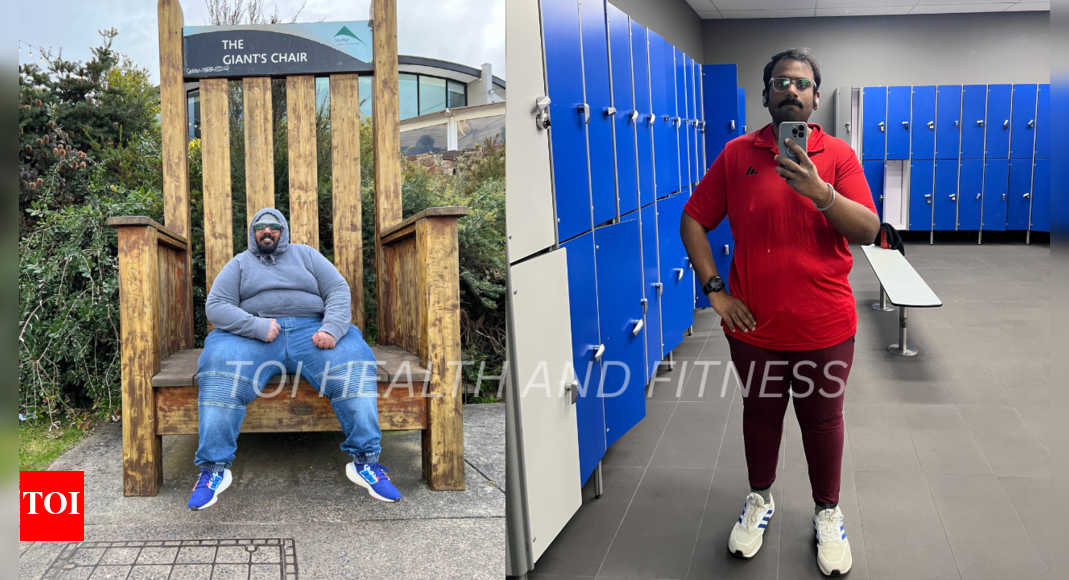
This is not just a story of weight loss, it’s a story of survival, self-respect, and reclaiming life from the edge. At 25, Aditya Subramanian reached 189.6 kilos, battling health issues, emotional isolation, and the aftermath of a pandemic. But instead of giving up, a decision was made, not to fit into a certain size, but to find a future again. What follows is an honest, deeply human story of a transformation that was much needed.
“I wasn’t just heavy, I felt invisible, broken, and tired of pretending I was okay”
At 189.6 kilos, everything felt like a struggle. My bed literally gave up on me. Twice. I needed machines to breathe at night. Blood pressure? Off the charts. Fatty liver? Check. Prediabetic? Almost there. At just 25, my body was screaming for help, but my mind was too exhausted to listen.COVID didn’t just change the world, it changed my relationship with food, my body, my emotions. I ate because I was anxious. I ate because I was lonely. And no matter how much I ate, I never felt full. Hunger wasn’t physical anymore, it had become emotional. I even tried Ozempic for a while. It didn’t help, and honestly, as a student abroad, I couldn’t afford it.What hurt the most? The silence in my parents’ eyes when they saw me at graduation. They didn’t say a word, but it broke me. That look stayed with me longer than any diet ever did. It was the moment I knew, I had to do something. Not for them. Not for the world. But for me.
“Surgery was a tool, not a shortcut”
I came back to India and made a decision that many still hesitate to talk about openly, I went for bariatric surgery. It wasn’t a magic fix. It wasn’t about losing weight fast. It was about surviving. It was about wanting to live without machines, without pain, without shame.But the surgery was just the beginning. The diet plan I was given post-op didn’t work for me. It was too basic, too rigid, and didn’t consider how I lived, especially as someone moving back and forth between India and Australia. Most of the products weren’t available where I lived. It felt like a one-size-fits-all plan for a life that was anything but standard.So, I started building my own blueprint. I asked questions, lots of them. I spoke with doctors across countries, reached out to real people who had gone through this, and figured out what my body needed, not what the textbook said it did. I experimented with food, timing, and nutrients until I found balance. I built my own rhythm.
“I didn’t punish my body, I partnered with it”
There’s this myth that weight loss has to be brutal. That it should be filled with shame, restriction, and endless hustle. I didn’t want to lose weight out of hate. I wanted to heal out of care.I ditched the harsh rules. No starving. No extreme workouts. I focused on nourishment. I made movement gentle and joyful, walks, stretches, anything that felt doable on bad days. And when I couldn’t show up at 100%, I showed up at 20%. But I showed up.

(Representational image: iStock)
And slowly, my body responded. No more CPAP. No more medications. My liver started healing. My blood sugar stabilised. It felt like I had been underwater for years, and suddenly, I could breathe again.
“Progress didn’t come fast, it came real”
People love dramatic before-and-after stories. But mine wasn’t a three-month makeover. It was three years of showing up even when no one else was watching. From 189 to 103 kilos, 86 kilos gone. But what I gained was so much more.Yes, I look different. But more importantly, I feel different. I trust myself now. I’m not afraid of food. I’m not afraid of relapsing. Because I didn’t sprint to this place. I walked here. One stubborn, hopeful, deliberate step at a time.
“This isn’t just my story, it’s a mirror for many who feel unseen”
Back in Australia now, life isn’t perfect. There are still bills to pay. Emotions to manage. Skin I’m planning to have removed. But there’s one thing I hold close, I did this my way. With honesty. With heart. With no shortcuts.And I want to say this, especially for people from India or the diaspora: weight struggles are not just about food or fitness. They’re about loneliness, about silence, about systems that don’t always listen to our needs. We don’t talk about it enough. We shame people instead of supporting them.So here I am. Sharing not to impress, but to connect. If this story makes even one person feel seen, feel less alone, feel like healing is possible, then every difficult day, every hard choice, every quiet win was worth it.If you have a weight loss story to share, send it to us at toi.health1@gmail.comThese views are not generic in nature. Weight loss results vary for individuals and the views shared in this article offer no guarantee of specific results. The content is not intended in any way as a substitute for professional advice.

